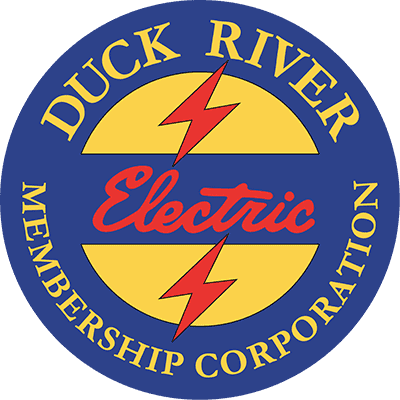03 Nov Cocinando el ahorro de energía en las vacaciones
For many of us, the best holidays involve home-cooked meals and wonderful aromas of turkey, dressing and baked goods wafting throughout the house. It means a busy kitchen and a bustling house full of family and friends. If this rings true for you, despite the increased kitchen activity, you still have an opportunity to save energy during the holidays.
In addition to being the “heart of your home,” your kitchen could pump savings back into your wallet. According to the Department of Energy, cooking accounts for 4.5 percent of total energy use in U.S. homes. This number, combined with the energy use associated with refrigeration, dishwashing and hot water heating, means that as much as 15 percent of the energy in the average American home is used in the kitchen. So, saving energy here can have a significant impact on your household budget.
For example, when preparing side dishes, baked goods, soups and such, consider using small appliances like a crock pot, toaster oven, microwave or warming plate instead of your conventional oven or stovetop. These small appliances are a smart, energy-saving alternative, typically using about half the energy of a stove.
When using your oven, don’t peek! Opening the oven door can lower the temperature by as much as 25 degrees and causes your stove to work harder (consuming more energy) to return to the desired cooking temperature. If your recipe calls for baking the dish more than an hour, it is not necessary to preheat the oven. If your oven is electric, you can likely turn the oven off for the last five to ten minutes of cooking and allow the residual heat to complete the job. Clean burners and reflectors increase efficiency and offer better heating, so don’t neglect this small but important task.
Just as keeping the oven door closed seals in efficiency and enables the stove to operate more economically, the same rules apply to the refrigerator and freezer. Keep the doors closed as much as possible so cold air doesn’t escape. Leaving the door open for a longer period of time while you load groceries or remove items is more efficient than opening and closing it several times.
If you are entertaining a large group, you may be able to give your furnace a brief holiday. When your oven is working hard and you have a house full of guests, the heat from the stove and the guests will keep your house comfortable, enabling you to turn down the thermostat.
When it’s time to clean up, extend fellowship to the kitchen, and wash and dry dirty dishes by hand. This uses less energy than a dishwasher. However, don’t leave the water running continuously, or you will waste energy. If you do use the dishwasher and rinse dishes before loading them, use cold water. Run the dishwasher with full loads only, and if possible, use the energy-saving cycle. Dishwashers that have an overnight or air power dry settings can save up to 10 percent on energy costs.
By adapting these efficient practices in your kitchen, energy savings will be one more thing to be thankful for this holiday season.
Duck River EMC, una cooperativa de Touchstone Energy®, es una organización sin ánimo de lucro, propiedad de sus miembros, que proporciona electricidad y otros servicios a más de 72.000 hogares y empresas en el sur de Middle Tennessee. Duck River EMC da servicio a un área de aproximadamente 2.500 millas cuadradas en los condados de Bedford, Coffee, Franklin, Giles, Grundy, Hickman, Lawrence, Lewis, Lincoln, Marion, Marshall, Maury, Moore, Rutherford y Williamson en el sur de Middle Tennessee.

